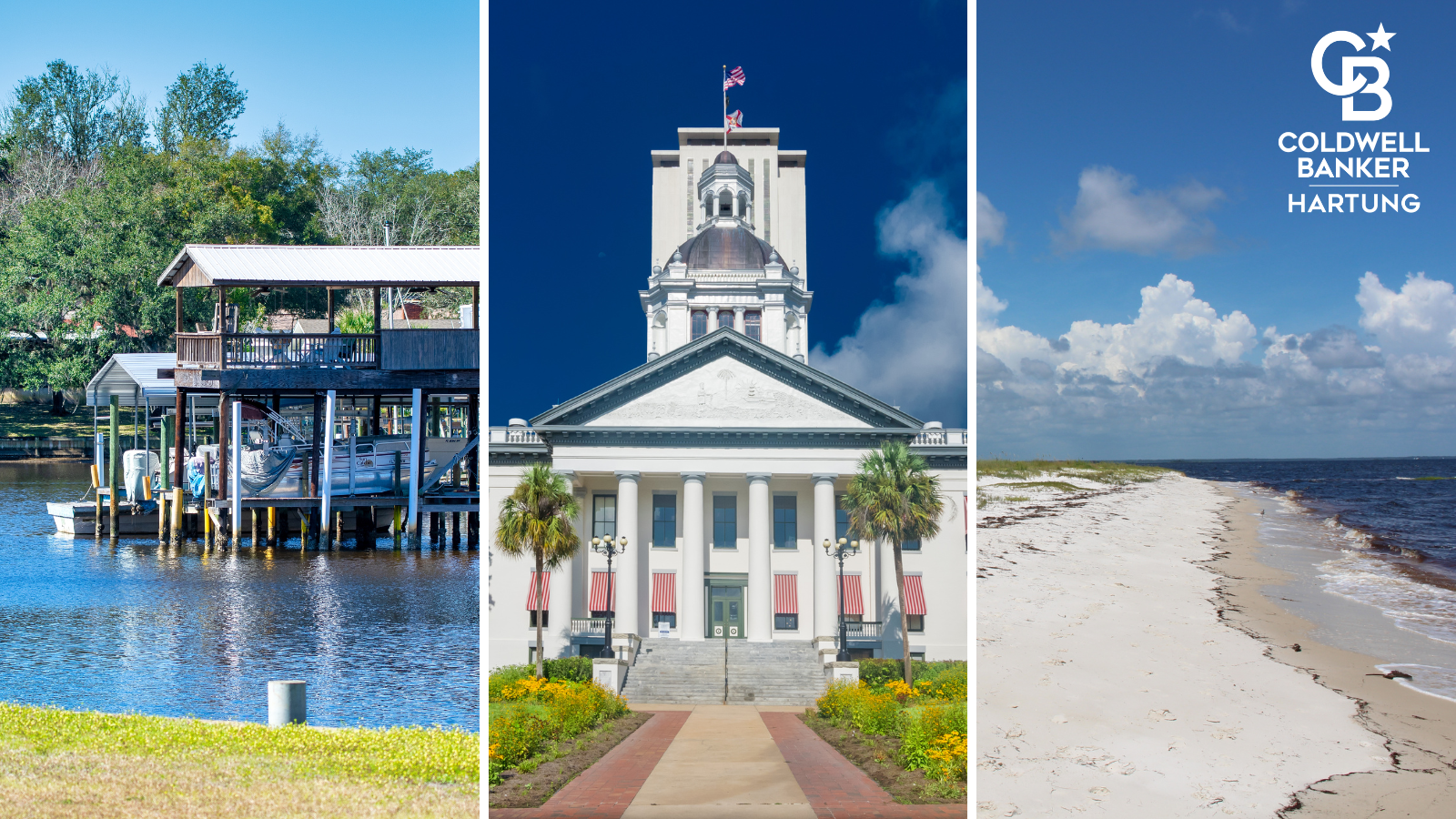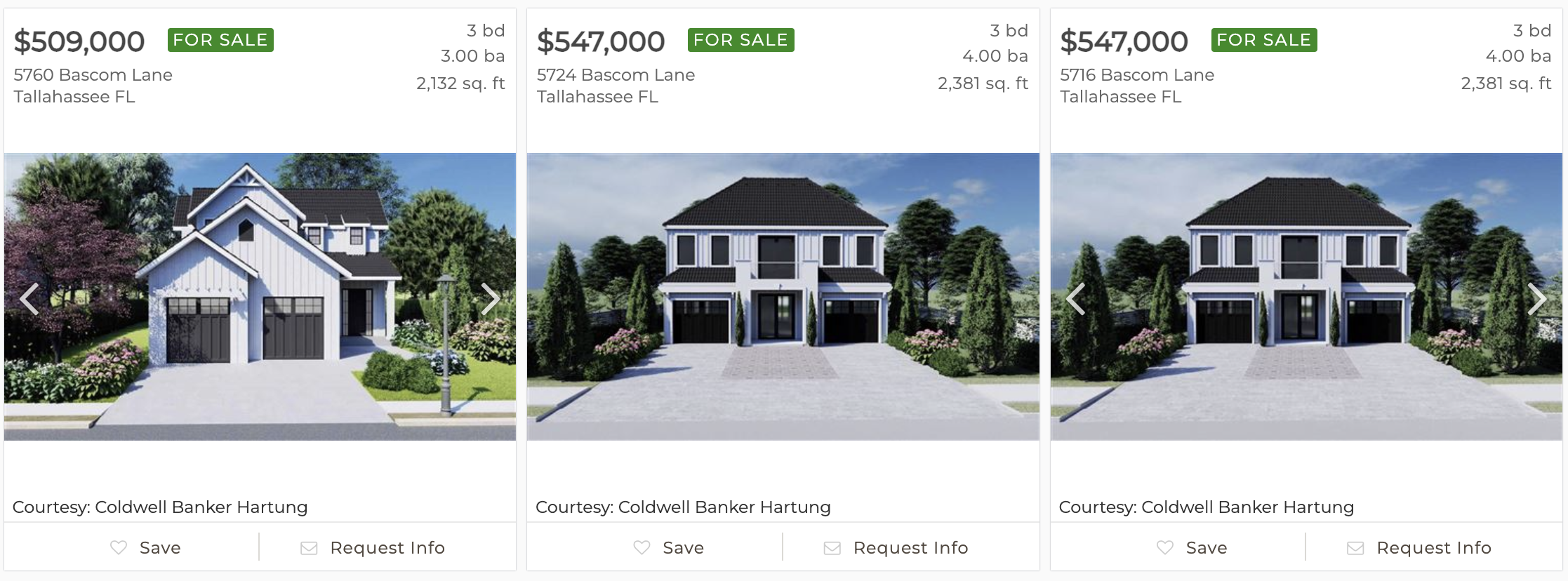.png?ts=)
What are Homestead Exemptions?
A homestead exemption is when the state lowers the amount of property taxes you must pay on your home. It can also help you avoid losing your home during a financial downturn by shielding you from creditors. The specific rules and amounts vary greatly, but you may be able to save a significant amount of money on your annual tax bill. Homestead exemptions primarily work by lowering the value of your home in the eyes of the tax assessor. So, if you are eligible for a $50,000 exemption and your home is worth $200,000, you will be taxed as if it is only worth $150,000.
Requirements for the Homestead Exemption
If you own a property and make it your permanent residence, you may be eligible to receive a homestead exemption. In the state of Florida, homestead exemptions can reduce the assessed value of your home up to $50,000 and provide an average tax savings of $800 annually. Additionally, it can limit the annual increase in your assessed value to no more than 3 percent a year.
If you’re a first-time buyer of a home in Florida, we recommend reading this pamphlet to learn more about property taxes in Florida. Otherwise, all the information acquired about Homestead Exemptions can be found here. There are certain requirements for homestead exemptions as well as other exemptions, some of which are listed below.
You should speak with your county property appraiserto discuss your specific situation in more detail. The property appraiser determines if your property is entitled to an exemption and is determined by where your property is located.
Requirements:
- Own and occupy your home in Florida
- Fill out an application
- Payment via online, mail, fax, or in person
- You must have a Florida permanent residence as of January 1st
If you are filing for the first time, be prepared to also answer these questions:
- Whose name or names were on the title on January 1?
- What is your social security number and your spouse’s social security number?
- Were you or your dependent(s) living in the dwelling on January 1?
- Do you claim residency in another county or state?
Your property appraiser may also ask for any of the following additional items to prove your residency in Florida:
- Proof of previous residency outside Florida and date ended
- Florida driver's license or identification card number
- Evidence of giving up driver's license from another state
- Florida vehicle license plate number
- Florida voter registration number (if U.S. citizen)
- Declaration of domicile and residency date
- Name of current employer
- The address listed on your last IRS return
- Dependent children’s school location(s)
- Bank statement and checking account mailing address
- Proof of payment of utilities at homestead address
Low-income Senior Exemption
There are additional benefits that property owners can apply for, including the low-income senior exemption. These are reserved for low-income seniors who own properties in the state of Florida. It can reduce the assessed value of your home up to $50,000 not including the homestead exemption. Seniors can also apply for the homestead exemption to save extra on their property taxes. But first, you must meet the requirements for the senior tax exemption.
Requirements:
- Own a real estate property and make it your permanent residence
- Must be over 65 years old as of January 1st
- Your total household adjusted income can not exceed the income limitation (see the DR-501 and DR-501SC forms)
- You must fill out an application with proof of income
To apply for the additional homestead tax exemption, seniors must qualify for the low-income senior exemption as well as 1.) own a real estate property with a value less than $250,000 and, 2.) have made it your permanent residence for at least 25 years. Before applying and paying the fee, make certain that you meet the requirements for the tax exemption you want. You can read the full pamphletcreated by the Florida Department of Revenue for more information on low-income senior exemptions.
Application Deadline
The filing deadline for property exemptions is March 1st. You may apply online, by fax, mail, or in person. The application must go directly to your county property appraiser, which is based on the county in which your property is located. You can find the application forms, in both PDF and DOCS, here. Your country property appraiser may decline your application if they believe you’re not eligible. If you would like to file a petition for your case with the Value Adjustment Board you can click here.
***
The homestead exemption could save you thousands of dollars in property taxes each year. If you meet the requirements, don't miss the opportunity to apply for these exemptions before the deadline. Property owners with disabilities, senior citizens, veterans and active duty military service members, disabled first responders, and properties with specialized uses are all eligible for additional benefits. You can view the different exemptions available here. We advise that you look over all the benefits available to you, as you may be eligible for more than one. If you have any questions or concerns you can contact your county property appraiser or the Florida Department of Revenue.
Realtor Emeritus
Ann’s Notes
(850) 544-0109





